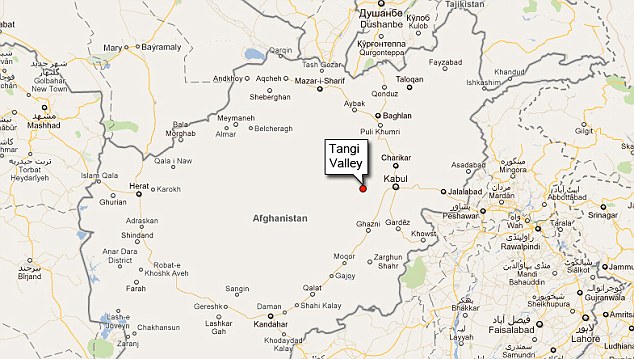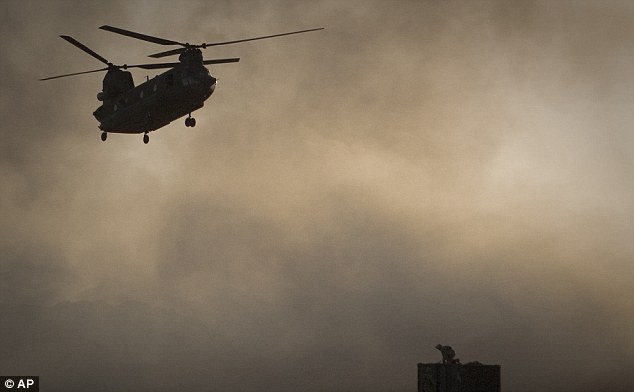By Steve Herman
Kabul
15 August 2009
A suicide bomber in the Afghan capital, Kabul, blew up a car in a heavily fortified section of the city. At least seven people were killed and 91 others wounded, including children in an attack that comes five days before Afghanistan's presidential election.
Afghan and NATO authorities say the car exploded on the road in front of the headquarters of the International Security Assistance Force, near the U.S. Embassy and the Presidential Palace.
NATO says some ISAF soldiers are among the wounded. But most of the casualties appear to be Afghan civilians, including children who congregate in the area to sell chewing gum to passersby.
An ambulance driver told VOA he saw numerous dead and injured. He says all of the people he transported were civilians, including women.
Bloodied and dazed wounded stood near firemen who extinguished the flames coming from the vehicle that had detonated.
Windows of nearby shops were shattered. The force of the blast rattled windows several kilometers away and sent a plume of smoke into the Saturday morning sky. It is the first such attack in Kabul in six months, although this month a barrage of rockets was launched at the capital, most landing harmlessly.
Kabul police criminal investigations director, Brigadier-General Sayed Abdul Ghaffar, tells reporters at the scene this is obviously a suicide car bombing.
General Ghaffar says the identity of the bomber will be difficult to ascertain because he blew himself into many pieces, but investigators hope to arrest his accomplices.
Taliban claims responsibility
The Taliban, in phone calls to news agencies, claimed responsibility for the car bomb, saying it contained 500 kilograms of explosives and the intended target was the U.S. Embassy.
Embassy spokesperson Fleur Cowen says the American diplomatic compound was not hit. Cowan said, "I was in my office when a blast occurred a little after 8:30 a.m. and I certainly heard it but I didn't feel anything. We're still gathering information, however, to the best of our knowledge all U.S. Embassy personnel have been accounted for and there has been no damage to the Embassy."
General Ghaffar acknowledges the attackers were able to penetrate an area of the capital that is supposed to be heavily secure, less than a week before Afghans go to the polls for the first national election since 2004.
Officials urge Afghans to vote
The police official says this suicide bombing should not deter Afghans from voting or derail the election.
President Hamid Karzai, running for re-election, earlier in the week urged citizens not to be intimidated by Taliban threats to attack voting sites and disrupt balloting.
A successful election is considered as a key test for this country's fledgling democracy and the ability of the joint Afghan and international forces to provide adequate security.
http://www.globalsecurity.org/military/library/news/2009/08/mil-090815-voa01.htm





